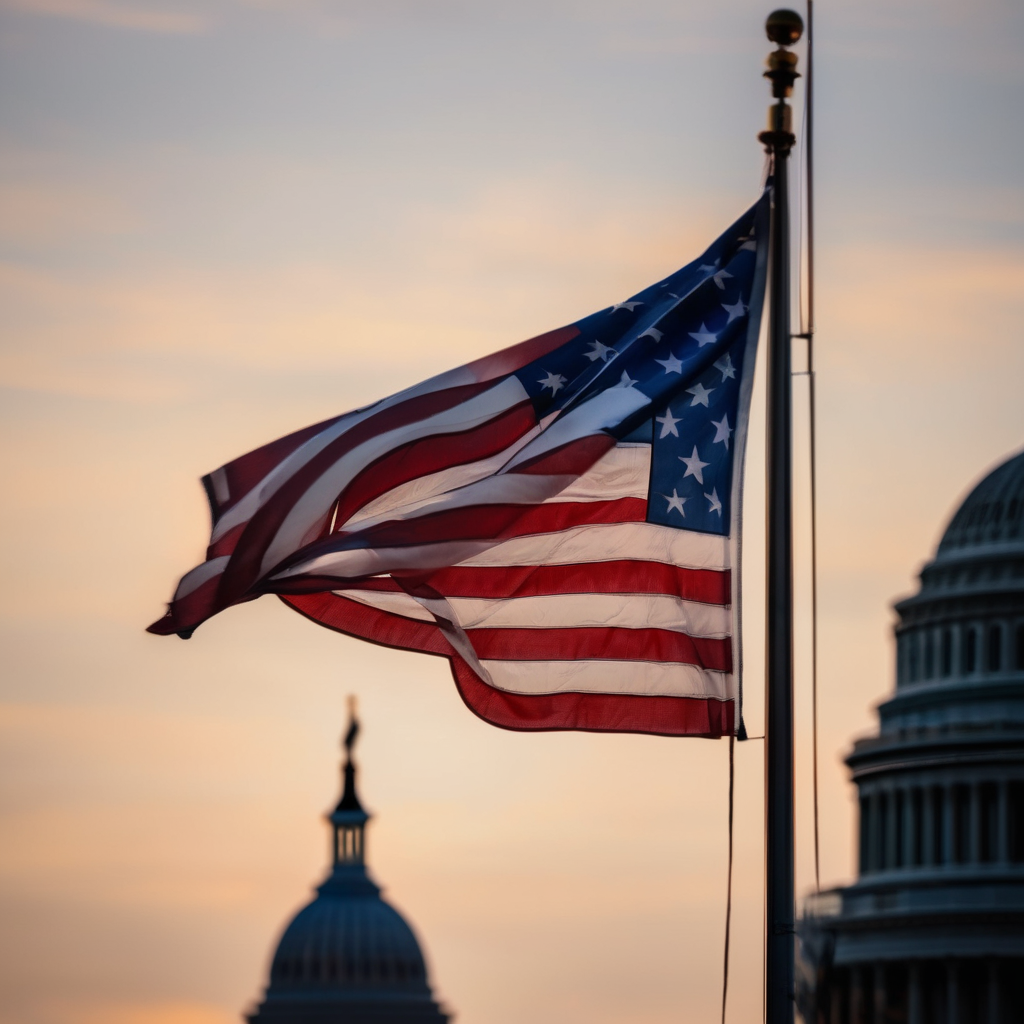The passing of Dick Cheney, the former U.S. vice president, has sparked a significant wave of commentary reflecting on his controversial legacy amid changing political landscapes. Cheney, who served under President George W. Bush, was regarded as a powerful figure within the Republican Party, often described as the quintessential insider and a strategic force behind the decisions of the Bush administration. However, in his final years, he found himself at odds with the new dynamics introduced by President Donald Trump and the MAGA movement that has shifted the party’s trajectory.
Cheney’s relationship with Trump became strained, especially as he publicly condemned the former president’s actions. In a stark statement last year, Cheney characterized Trump as an unprecedented threat to American democracy. His daughter, Liz Cheney, who previously held a prominent position in Congress, became a vocal opponent of Trump, further complicating the family’s political story. However, Cheney’s warnings and appeals seemed to fall on deaf ears within a party that had significantly moved away from his traditional views.
Cheney died on November 3, at the age of 84, due to complications from pneumonia and heart issues. Throughout his later years, he remained firm in his convictions, despite a prevailing sentiment among many Americans that the Iraq War—a conflict he significantly influenced—was a failure that resulted in instability and considerable loss of life. The repercussions of the 2003 U.S. invasion, which Cheney championed under the premise of weapons of mass destruction and ties to terrorism, are still widely criticized, with many viewing them as a catalyst for ongoing turmoil in the Middle East, including the rise of ISIS.
The Costs of War project at Brown University highlights the toll of these conflicts, estimating over 200,000 civilian deaths in Iraq alone, a striking contrast to the narrative of liberation that Cheney had promoted at the time. In remarks reflecting on the war’s legacy, figures like Vice President JD Vance have openly acknowledged the devastation it caused, expressing a hope for learning from the past.
While Iraq has faced numerous challenges since the invasion, including returning to the polls for national elections, the stark memories of the war and Cheney’s role linger in the thoughts of many Iraqis. Some voices in Iraq expressed their sentiments harshly, labeling Cheney as destructively impactful. Poets and citizens alike have suggested that the ramifications of his policies were markedly brutal and that he represents a figure of immense controversy and moral questioning.
Despite the polarizing opinion surrounding his life and actions, Cheney’s enduring presence as a political figure cannot be understated. His legacy serves as a reminder of the complex interplay between power, decision-making, and the profound long-term effects of those decisions on nations and peoples. As discourse continues posthumously, it is clear that his contributions to American foreign policy will continue to provoke debate and reflection for years to come.
